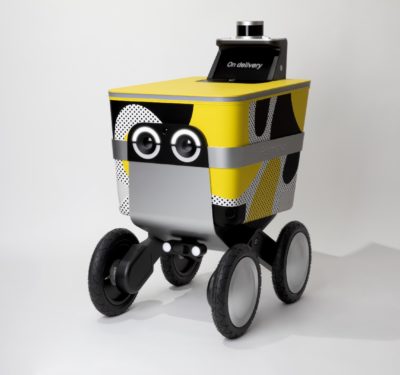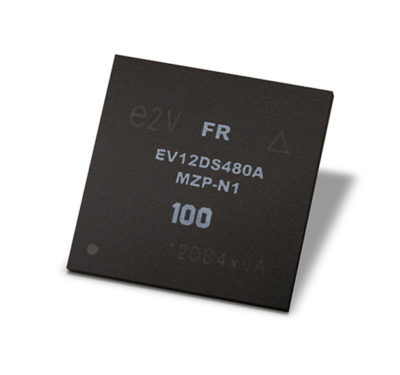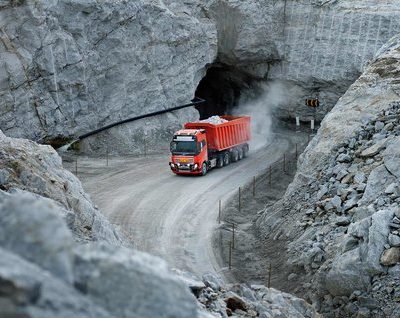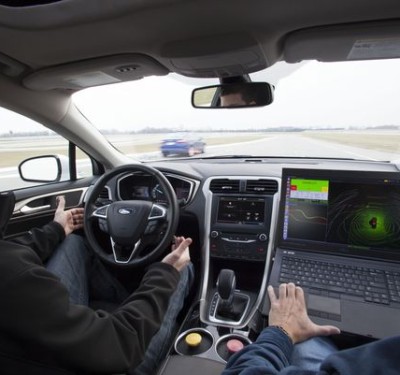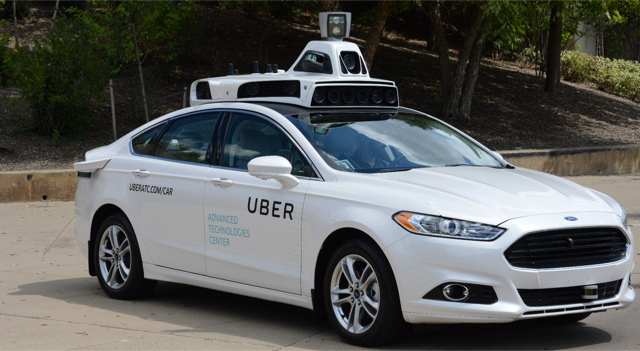
Two recent lawsuits by major autonomous vehicle players underscore the competitive nature of a potentially disruptive industry. The lawsuits, which allege that former employees tried to take self-driving secrets—as well as employees—have shaken the nascent autonomous vehicle industry.
According to published reports, Waymo alleged that its former engineer Anthony Levandowski downloaded more than 14,000 files before starting a self-driving trucking company Otto, which was acquired by Uber.
A federal judge will rule, as early as May, on whether to grant Waymo’s request for a preliminary injunction to preclude Uber from using the files, which the ride-share company said cannot be found on its servers, according to published reports.
In another high-profile lawsuit, Tesla and Sterling Anderson, the former head of the company’s Autopilot program, have settled a lawsuit that was filed by the electric vehicle manufacturer in January. Tesla accused Anderson of trying to recruit company engineers before he left the company to form Aurora Innovation, according to Reuters.
Under the terms of the agreement, where neither side admits wrongdoing, Anderson is prevented from recruiting Tesla employees for a year, Reuters reported.
Aurora Innovation and Chris Urmson, former Google self-driving program head, were named co-defendants in the lawsuit. Claims against both were dropped, Reuters reported.
While both companies admit to no wrongdoing, Tesla said that the settlement allows it to recover proprietary information that was taken from the company. Aurora said that no material Tesla confidential information exists on its computers.
Personnel Acquisition Gets Serious
The quest for top executive and engineering talent in the autonomous vehicle industry is evident as start-up Zoox hired former top U.S. National Highway Traffic Safety Adminstration (NHTSA) head Mark Rosekind. He will be the company’s chief safety innovation officer, a position that no doubt will help to shape regulation for self-driving cars.
While Zoox has been tight-lipped about the specifics of product roll outs, it has developed a suite of hardware and software tailored for autonomous vehicle fleets in urban areas.
Rosekind, who spoke frequently at industry events, spearheaded voluntary NHTSA technology guidelines for automakers and their suppliers last fall.
Other NHTSA executives have been hired recently to head new mobility programs. GM hired NHTSA’s chief counsel, Paul Hemmersbaugh, to serve as policy director at GM. Hemmersbaugh, who helped to write last year’s NHTSA automated vehicles policy, will focus on the mobility as a service programs, according to published reports.
Farraday Future hired Kevin Vincent, who also served as NHTSA’s chief counsel, to serve as the Chinese company’s regulatory and safety affairs director.
Noticeably absent from job hiring is Apple, which laid off dozens of workers developing self-driving vehicles last year, according to published reports. While Apple never publicly admitted they were working on a vehicle, Apple got its permit to test self-driving cars in California earlier this month.
Overall, at an autonomous vehicle conference last summer, one automaker said that “if you are an engineer working on autonomous vehicles, you won’t be out of a job for many years.”


